
EP 264: A-SAFE
In this episode, I was joined by the CEO of A-SAFE, Paul Barlow. A-SAFE focuses on protective guarding products made

In this episode, I was joined by the CEO of A-SAFE, Paul Barlow. A-SAFE focuses on protective guarding products made

Casper, Phillips & Associates Inc. (CPA) has named employees Richard Phillips and Andrew Hanek minority Associate Principals. Phillips and Hanek

Nucor Corporation has announced that Jim Frias, Chief Financial Officer, Treasurer, and Executive Vice President, plans to retire effective June

Civan’s OPA 6 Weld, an entirely new class of laser that modulates beam shape at MHz rates without any moving
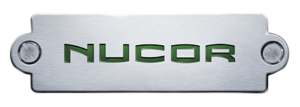
Nucor Corporation announced today that it has successfully completed its acquisition of a majority ownership position in California Steel Industries,

The Plastics Industry Association (PLASTICS) has promoted Patrick Krieger, Senior Director for Materials & Sustainability, to the newly created role

Hyster Company announces an expansion of the certified Explosion Proof (EX) lift truck line, in which traditional Hyster lift trucks

As global trade slowed in 2020, the US plastics industry experienced its first trade deficit after many years of a

The Plastics Industry Association (PLASTICS) just announced that shipments of primary plastics machinery (injection molding and extrusion) in North America
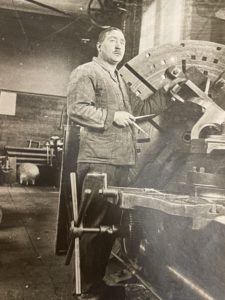
In a world where machine shops are struggling to stay open and maintain their business and in a day when

Global Shop Solutions, a developer of ERP software for manufacturers around the world, has named John Davis as Chief Technology
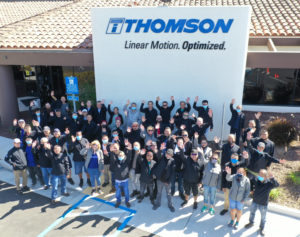
Thomson Industries, Inc., a manufacturer of linear motion control solutions, is celebrating the 50th anniversary of its legacy Ball Screws
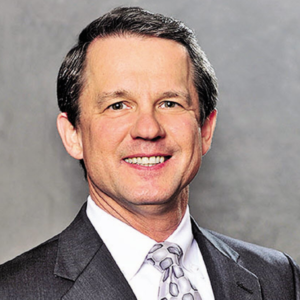
There’s a lot buried in the multitrillion-dollar social spending package currently moving through Congress. One provision under consideration that has
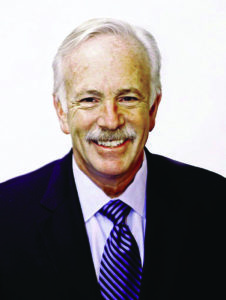
The Plastics Industry Association (PLASTICS) released the following statement from president and CEO Tony Radoszewski in reaction to the passing of Jay Gardiner.

The Plastics Industry Association (PLASTICS) recently issued its 2021 Global Trend Report. This PLASTICS’ flagship publication takes a deep dive into

Nucor Corporation has announced two acquisitions today on behalf of The David J. Joseph Company (DJJ). The addition of these

The Plastics Industry Association (PLASTICS) just announced shipments of primary plastics machinery (injection molding and extrusion) in North America decreased for
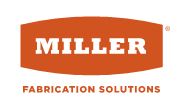
The annual list recognizes the nation’s most successful metal fabricating operations Miller Fabrication Solutions, a strategic metal fabrication partner for

The acquisition further expands and strengthens Myers’ rotational molding platform Provides Myers’ customers access to a more complete portfolio of

Today, the Plastics Industry Association (PLASTICS), the only industry group with membership throughout the entire plastics supply chain, announced its Plastics